
|
Entirely Online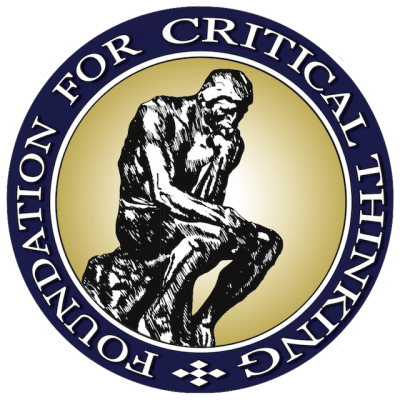

Registration Closed
Pre-Conference: July 23
Main Conference: July 24 - 28, 2023
Includes 10 Weeks of Free Membership at Our Subscription Website:
The Center for Critical Thinking Community Online!
Access Begins July 13th!
|
How Do We Make Sense of the World's Growing Complexity & Become More Effective Within It?
The world is swiftly changing, and with each day the pace quickens. The pressure to respond intensifies. New global realities are rapidly working their way into the deepest structures of our lives: economic, social, cultural, political, and environmental realities with profound implications for thinking and learning, business and politics, human rights and human conflicts. These realities are becoming increasingly complex; many represent significant dangers. And they all turn on the powerful dynamic of accelerating change.
and politics, human rights and human conflicts. These realities are becoming increasingly complex; many represent significant dangers. And they all turn on the powerful dynamic of accelerating change. 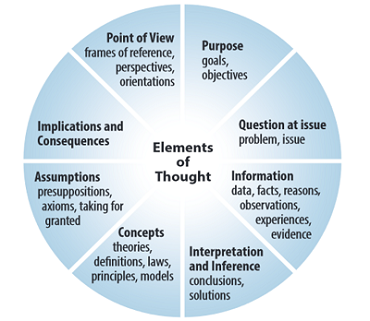 and regularly reevaluate how we work and live. In short, the power of the mind to command itself – to regularly engage in self-analysis and self-evaluation – will increasingly determine the quality of our work, our learning, and our lives.
and regularly reevaluate how we work and live. In short, the power of the mind to command itself – to regularly engage in self-analysis and self-evaluation – will increasingly determine the quality of our work, our learning, and our lives.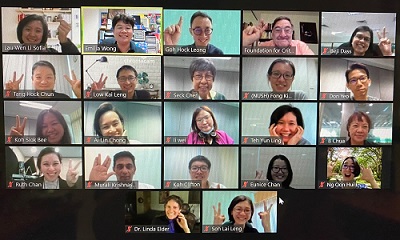 discuss, read, write, and think the ideas of critical thinking into your reasoning framework.
discuss, read, write, and think the ideas of critical thinking into your reasoning framework. | Registration Options | Cost Per Person | |||
| Early-Bird Rates - If Paid by April 28, 2023 | 1 Person | 2-3 people | 4-6 People | 7 or More |
| Main Conference Only | $397 | $379 | $353 | $328 |
| Main Conference & Pre-Conference | $494 | $472 | $443 | $409 |
| Standard Rates - If Paid AFTER April 28, 2023 | 1 Person | 2-3 people | 4-6 People | 7 or More |
| Main Conference Only | $483 | $461 | $429 | $394 |
| Main Conference & Pre-Conference | $594 | $567 | $529 | $488 |
| Pre-Conference Only - Pay by July 16, 2023 | 1 Person | 2-3 people | 4-6 People | 7 or More |
| Pre-Conference Only | $192 | $181 | $163 | $144 |
This year's Focal Sessions are live online workshops led by Fellows and Scholars of the Foundation for Critical Thinking. These sessions are 'Focal' because they focus on the foundations, or the central 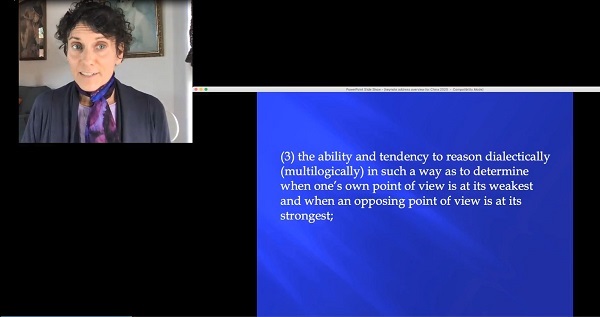 ideas, in a rich conception of critical thinking. Each Focal Session targets one or more vital concepts or sets of principles in critical thinking, often in connection with essential applications of critical thinking.
ideas, in a rich conception of critical thinking. Each Focal Session targets one or more vital concepts or sets of principles in critical thinking, often in connection with essential applications of critical thinking.
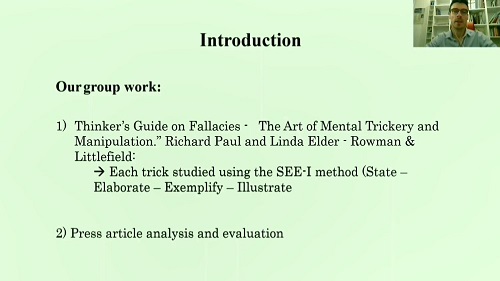 for Critical Thinking. These are presentations in which presenters share their experiences in bringing critical thinking into the teaching and learning process, into daily decision-making, throughout organizations or departments, or into any other aspect of work or life. Guest Presenters may choose to share their research in critical thinking, or their developed theory and application of critical thinking.
for Critical Thinking. These are presentations in which presenters share their experiences in bringing critical thinking into the teaching and learning process, into daily decision-making, throughout organizations or departments, or into any other aspect of work or life. Guest Presenters may choose to share their research in critical thinking, or their developed theory and application of critical thinking.

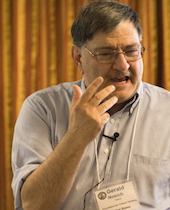
Dr. Gerald Nosich is a noted authority on critical thinking and has given more than 250 workshops to instructors and governmental agencies on all aspects of teaching it. He is the author of Reasons and Arguments, Learning to Think Things Through: A Guide to Critical Thinking Across the Curriculum, and Critical Writing: Using the Concepts and Processes of Critical Thinking to Write a Paper.
Dr. Nosich has given workshops for instructors at all levels of education in the United States, Canada, Thailand, Lithuania, Austria, Germany, Singapore and England. He has worked with the U.S. Department of Education on a project for a National Assessment of Higher Order Thinking Skills; given teleconferences sponsored by PBS and Starlink on teaching for critical thinking; served as a consultant for ACT in Critical Thinking and Language Arts assessment; and been featured as a Noted Scholar at the University of British Columbia. Dr. Nosich is author of numerous articles, audio- and videotapes on critical thinking. He has been Assistant Director at the Center for Critical Thinking at Sonoma State University, and is Professor Emeritus at the State University of New York Buffalo State and at the University of New Orleans.
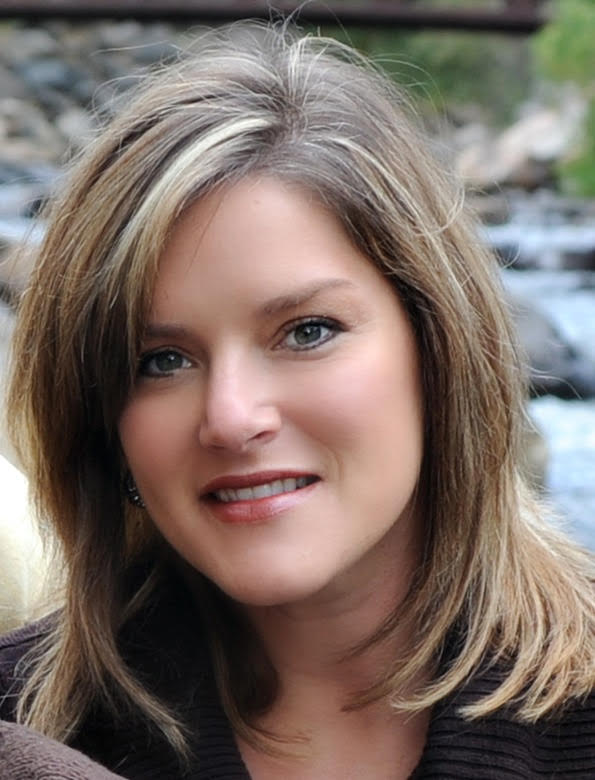
Dr. Carmen Polka has worked diligently to infuse critical thinking into her classroom instruction, curriculum, and assessment for nearly twenty years. Focused on transforming education through the implementation of quality instructional practices, Dr. Polka instigated and co-authored the Colorado Academic State Standards targeting research and reasoning based on the Paul-Elder framework. As a leader and critical thinking expert in her district, she led professional development and coached K-12 teachers to effectively utilize Paulian theory.
Dr. Polka is currently a principal at an elementary school, and she recently earned her doctorate in the Educational Leadership and Policy Studies program at the University of Northern Colorado. She is also a licensed K-12 Special Education teacher.
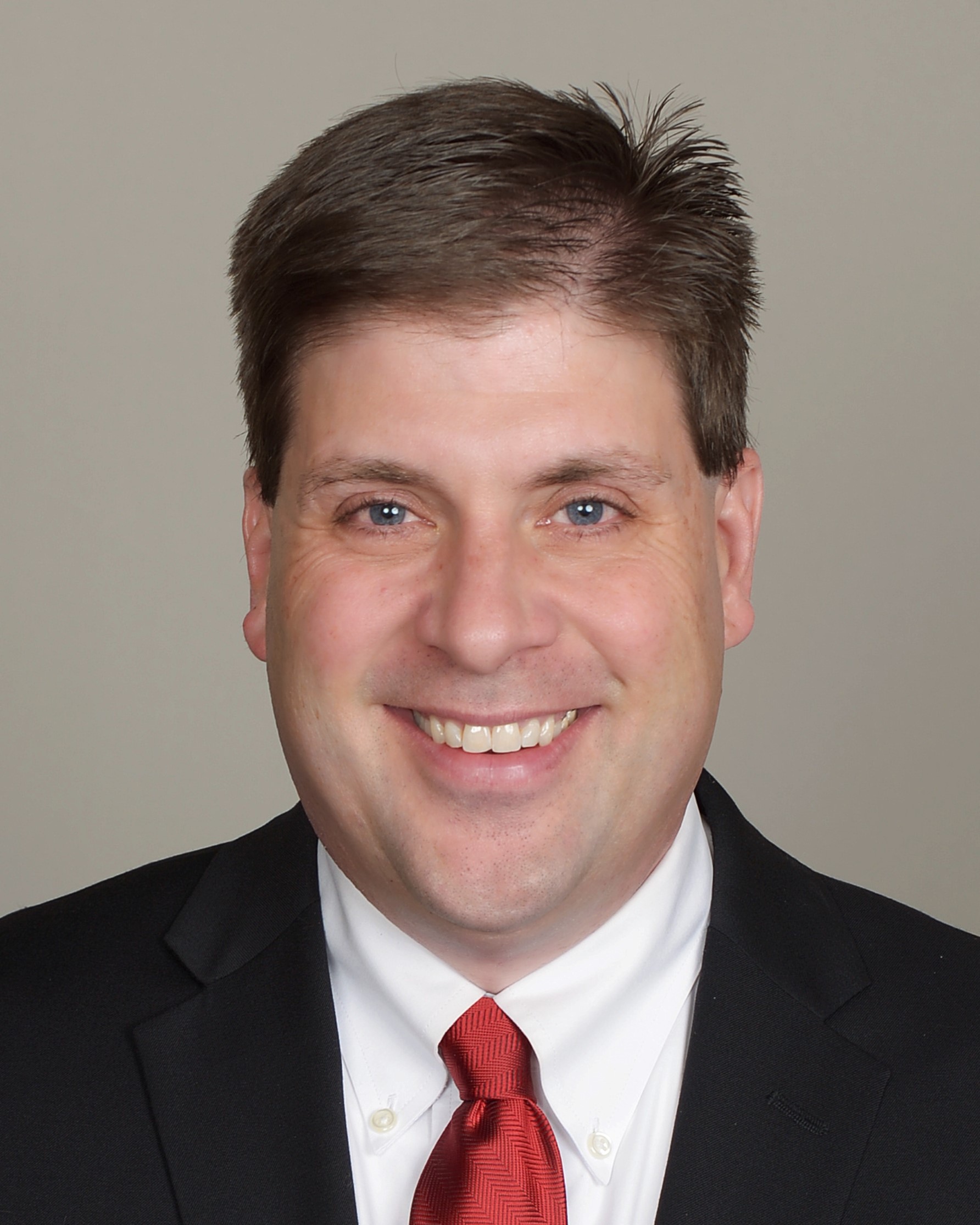
For nearly twenty years, Dr. Bankes has played an important leadership role in fostering the Paulian conception of critical thinking in multiple school districts. As a principal, he led the implementation of this critical thinking approach to bring about state-recognized levels of achievement in three different Title I schools – a high school, a middle school, and an elementary school. He helped author the reasoning portion of the Colorado Academic Standards that are based on the Paul-Elder framework. In addition to his administrative experience, Dr. Bankes was an elementary school teacher, continues teaching critical thinking courses at the college level, and served as a Director on his School Board of Education.
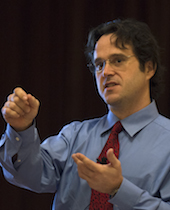
Dr. Brian Barnes holds a Ph.D. in Interdisciplinary Humanities and an MA in Philosophy from the University of Louisville. Barnes is a veteran of the US Army, along with other non-academic careers, and currently teaches face-to-face and online classes at several universities in traditional philosophy topics, sustainability, and critical thinking. He has co-authored articles examining critical thinking strategies and tactics for the National Teaching and Learning Forum and is author of the textbook, The Central Question: Critical Engagement with Business Ethics . Barnes co-hosts the weekly radio show, Critical Thinking for Everyone!, on 106.5 Forward Radio in Louisville; he also created Adventures in Critical Thinking, a critical thinking comic book series.
Pre-Conference
Choose from the following…
Focal Sessions I
Choose from the following…
Focal Sessions II
Choose from the following…
Focal Sessions III
Choose from the following…
Focal Sessions V
Choose from the Following Focal Sessions...
Focal Sessions VI
Choose one of the following sessions to attend…
Guest Presentations Posted
Special Meetings on Professional Development (interested participants can choose one at the conference)...